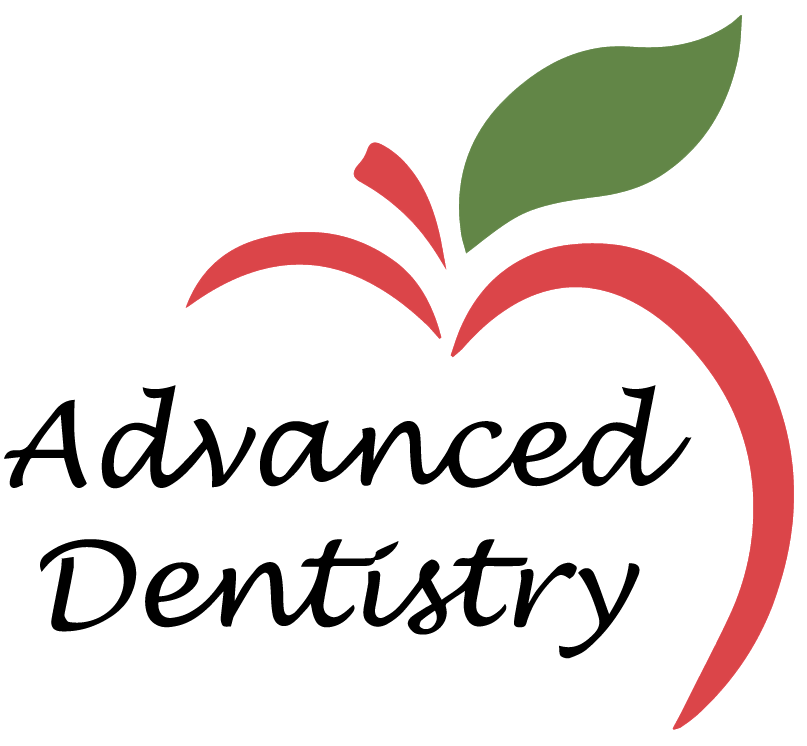
Feel Comfortable at the Dentist's Office
Dental anxiety is a significant barrier preventing many individuals from receiving essential oral healthcare. For those who experience fear, stress, or apprehension about dental procedures, nitrous oxide offers a transformative solution that can revolutionize your dental experience.
At Advanced Dentistry Ameredes & Associates, our Pittsburgh sedation dentists understand the profound impact that anxiety can have on patient care. Serving the communities of Seven Fields, Oakdale, Cranberry, Bridgeville, and Canonsburg, we are committed to providing compassionate, comfortable dental treatments that prioritize your emotional and physical well-being.
To explore how nitrous oxide can help you feel more relaxed during dental procedures, contact our Seven Fields office at 724-776-4560 or contact our Oakdale office at 412-788-6300.
Nitrous Oxide Sedation in Seven Fields & Oakdale, PA
What Is Nitrous Oxide?
Nitrous oxide, colloquially known as “laughing gas,” represents a sophisticated sedation technique with a rich history in medical and dental applications. This colorless, odorless gas possesses unique pharmacological properties that make it an exceptional tool for managing patient anxiety and discomfort.
When administered by trained professionals, nitrous oxide works by gently modulating the central nervous system. It creates a state of relaxed awareness, altering pain perception and emotional response without inducing complete unconsciousness. Patients remain awake, responsive, and capable of communication throughout the procedure, making it an ideal sedation method for a wide range of dental treatments.
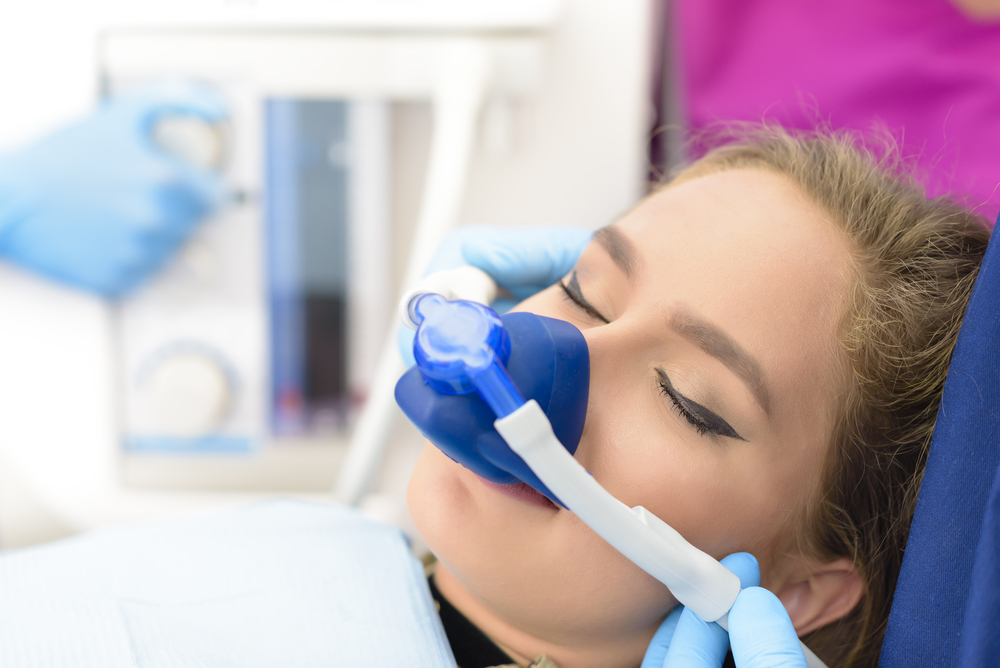
Historical Development of Nitrous Oxide in Dentistry
The journey of nitrous oxide in dental practice is a fascinating narrative of scientific innovation. First discovered in 1772 by Joseph Priestley, its potential as a medical sedative was not immediately recognized. Dentist Horace Wells first demonstrated its anesthetic properties in 1844 during a public dental extraction, marking a pivotal moment in pain management history.
Throughout the late 19th and early 20th centuries, researchers refined nitrous oxide administration techniques, developing sophisticated delivery systems that enhanced safety and effectiveness. Modern dental practices now utilize advanced computer-controlled systems that provide precise, personalized dental sedation experiences.
Mechanism of Action: How Nitrous Oxide Works
Nitrous oxide interacts with the human nervous system through a complex neurochemical process. It primarily affects neurotransmitter receptors, particularly GABA and opioid receptors, which play crucial roles in modulating pain perception and emotional response.
The gas is rapidly absorbed through pulmonary exchange and quickly distributed throughout the body. Its molecular structure allows it to cross the blood-brain barrier efficiently, enabling swift onset of sedative and analgesic effects. Unlike many sedatives, nitrous oxide provides a unique combination of anxiety reduction, pain modulation, and maintained consciousness.
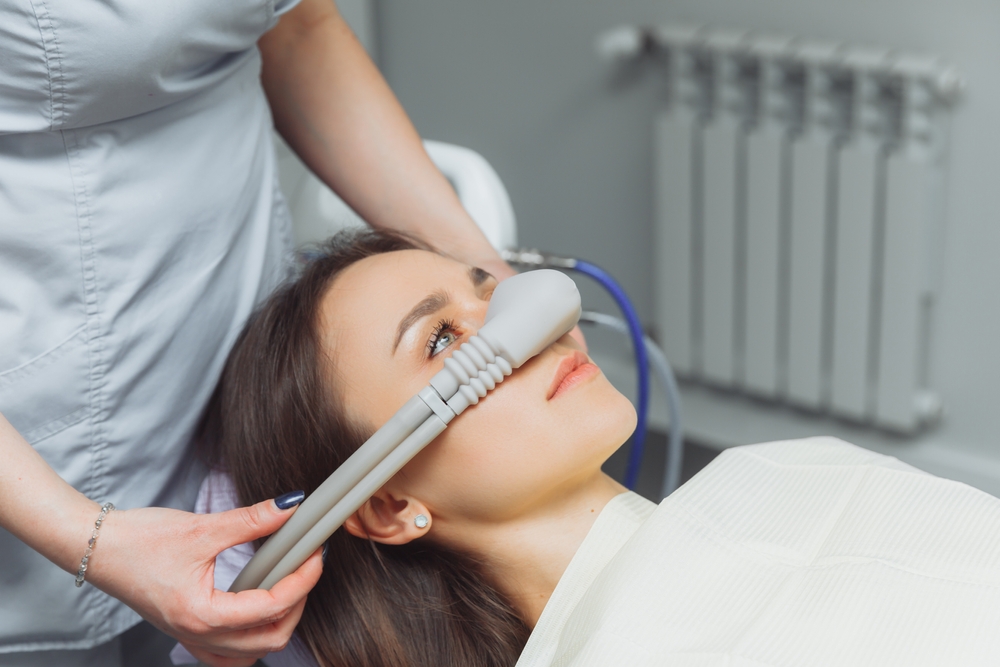
Indications for Nitrous Oxide Sedation
Our Pittsburgh sedation dentists recommend nitrous oxide in various clinical scenarios:
- Dental Anxiety and Phobia: For patients with significant psychological barriers to dental treatment.
- Pediatric Dental Care: To reduce anxiety and enhance cooperation in younger patients.
- Complex or Lengthy Procedures: Providing sustained comfort during intricate treatments.
- Patients with Sensitive Gag Reflex: Helping individuals overcome physiological challenges during dental work.
- Individuals with Special Healthcare Needs: Offering a gentle sedation approach for patients with specific medical considerations.
Benefits of Nitrous Oxide Sedation
The advantages of nitrous oxide extend far beyond simple anxiety management:
- Rapid Onset: Effects are experienced within minutes of administration.
- Quick Recovery: Patients return to normal cognitive function shortly after treatment.
- Adjustable Sedation Levels: Precise control allows customization for individual patient needs.
- Minimal Systemic Impact: Limited interaction with other bodily systems.
- Cost-Effective: Relatively affordable compared to more invasive sedation techniques.
- Widely Compatible: Suitable for most patients, including children and elderly individuals.
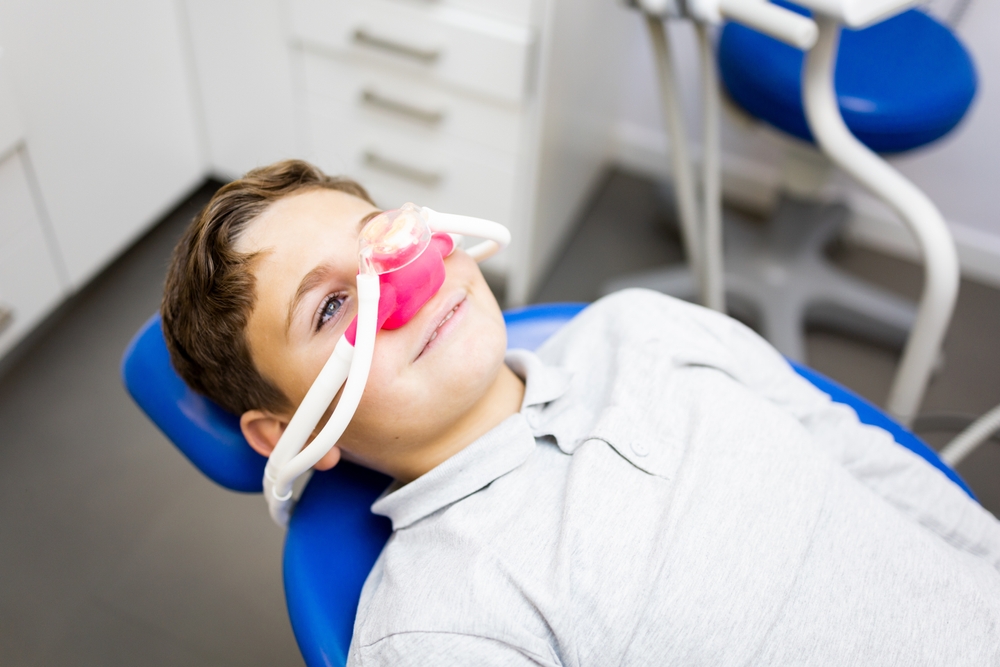
Nitrous Oxide Administration Procedure
Our comprehensive nitrous oxide sedation process involves multiple carefully orchestrated steps:
1. Pre-Procedure Assessment
We begin each appointment with a thorough review of the patient’s medical history. Our team then evaluates the patient’s physical and psychological readiness for the procedure. We discuss any potential contraindications with the patient to ensure their safety. Finally, we provide comprehensive patient education about the sedation process to alleviate any concerns and prepare them for the experience.
2. Preparation and Equipment Setup
Before the procedure, we calibrate our specialized nitrous oxide delivery system to ensure accurate dosing. We prepare the oxygen saturation monitoring equipment to maintain constant vigilance over the patient’s vital signs. Additionally, we set up a sterile mask and delivery apparatus to maintain a hygienic environment throughout the procedure.
3. Sedation Protocol
The sedation process begins with the administration of pure oxygen to the patient. We then gradually introduce nitrous oxide, carefully monitoring the patient’s vital signs throughout the procedure. Our team continuously adjusts the nitrous oxide-oxygen administration and sedation level in real time to maintain optimal comfort and safety. Throughout the process, we maintain open communication with the patient to ensure their responsiveness and well-being.
4. Post-Procedure Recovery
Following the procedure, we immediately transition the patient back to pure oxygen to begin the recovery process. We closely monitor the patient’s vital signs to ensure they stabilize. As the effects of sedation wear off, we observe the gradual restoration of the patient’s cognitive and motor functions. Before discharge, we provide thorough observation and guidance to ensure the patient is ready to leave our care safely.
Potential Risks and Contraindications
While generally safe, nitrous oxide is not universally appropriate. Potential contraindications include:
Pregnancy (First Trimester)
Nitrous oxide should not be administered during the first trimester of pregnancy. It can interfere with Vitamin B12 metabolism, which is crucial for DNA production and cellular reproduction. This interference could potentially affect fetal development during this critical period.
Severe Respiratory Conditions
Patients with chronic respiratory problems such as emphysema, chronic bronchitis, pneumothorax, and cystic fibrosis should receive nitrous oxide with caution. These conditions can increase the risk of hypoxia due to increased airway resistance. However, it’s important to note that nitrous oxide is not contraindicated for patients with asthma.
Certain Cardiovascular Diseases
Nitrous oxide can have complex effects on the cardiovascular system. It can enhance venous return, arterial pressure, pulmonary and systemic vascular resistance, and cardiac output. For patients with coronary artery disease, nitrous oxide may potentially exacerbate myocardial ischemia, especially when used in combination with volatile anesthetics.
Vitamin B12 Deficiency
Nitrous oxide irreversibly inhibits cobalamin (vitamin B12), reducing methionine synthase activity. This can lead to megaloblastic anemia, myelopathy, and neuropathy, particularly in individuals with pernicious anemia or malabsorption syndromes. Caution should be exercised with patients at risk for cobalamin deficiency, including the elderly, vegans, heavy alcohol users, and those with Crohn’s disease or who have undergone gastrectomy.
Individuals with Severely Compromised Respiratory Function
Nitrous oxide is contraindicated in patients at risk of expansion of gas-filled spaces. This includes patients with pneumothorax, pneumocephalus, elevated intracranial pressure, and those at high risk for vascular air embolus.
Patients Taking Specific Psychiatric Medications
While there is minimal risk of interaction with prescribed drugs, nitrous oxide may exacerbate underlying psychiatric conditions.
It should be administered with caution to patients under psychiatric or psychological care, and only after medical consultation. Additionally, nitrous oxide is contraindicated in patients with middle ear disturbances, recent ophthalmic surgery, and those undergoing treatment with bleomycin sulfate (an antineoplastic agent). It’s also not recommended for children under 3 years of age.



Potential Side Effects of Nitrous Oxide Sedation
Nitrous oxide sedation, commonly known as laughing gas, is generally safe and effective; however, it may lead to several potential side effects. The most common side effects associated with nitrous oxide sedation include:
Mild Nausea
Some patients may experience mild nausea during or after the administration of nitrous oxide. This sensation can occur due to the sedative effects of the gas, particularly if the dosage is too high or if the patient has a sensitive stomach. While nausea is typically transient, it can cause discomfort for some individuals.
Temporary Dizziness
Dizziness is another frequently reported side effect of nitrous oxide sedation. Patients often describe this feeling as lightheadedness or a “head rush” that occurs shortly after inhalation. While this sensation can be enjoyable for some, it may also lead to disorientation or discomfort, particularly if the individual is not prepared for the intensity of the effect.
Slight Headache
A slight headache may occur following nitrous oxide sedation. This side effect is usually temporary and resolves quickly once the patient stops inhaling the gas and begins breathing pure oxygen. The headache may be exacerbated by factors such as dehydration or tension.
Transient Emotional Fluctuations
Patients might experience transient emotional fluctuations while under nitrous oxide sedation. These fluctuations can manifest as feelings of euphoria or giddiness, commonly referred to as “getting the giggles.” However, some individuals may also experience feelings of anxiety or agitation during this time. These emotional changes are generally short-lived and subside once the effects of the gas wear off.
Costs and Insurance Considerations
The cost of nitrous oxide sedation generally ranges from $50 to $150 per session, depending on several factors, including the provider’s location, the complexity of the procedure, and the duration of sedation required. This pricing typically covers the administration of nitrous oxide, monitoring of vital signs, and any necessary follow-up care during the procedure.
Factors Influencing Cost
Several factors can influence the overall cost of nitrous oxide sedation:
- Location: Prices may vary significantly based on geographic region. Urban areas with a higher cost of living may charge more than rural settings.
- Provider Type: Different types of healthcare providers (dentists, oral surgeons, anesthesiologists) may have varying fee structures.
- Procedure Complexity: More complex procedures that require longer sedation times may incur higher costs due to increased usage of nitrous oxide and additional monitoring.
Insurance Coverage
Insurance coverage for nitrous oxide sedation can vary widely among plans. Some insurance providers may offer partial reimbursement for nitrous oxide when it is deemed medically necessary, such as for patients with anxiety disorders, certain medical conditions, or those who require extensive dental work.
- Medically Necessary Sedation: If a healthcare provider determines that nitrous oxide is essential for a patient’s comfort or safety during a procedure, they may submit a pre-authorization request to the insurance company. This can sometimes lead to coverage for part of the sedation costs.
- Out-of-Pocket Expenses: Patients should be prepared for potential out-of-pocket expenses if their insurance does not cover the sedation or if it is considered elective. It is advisable to contact the insurance provider ahead of time to clarify coverage details and any necessary documentation.
Payment Options
Many healthcare providers offer flexible payment options for patients who may have concerns about upfront costs. These options might include payment plans or financing through third-party services, allowing patients to manage their expenses more comfortably.
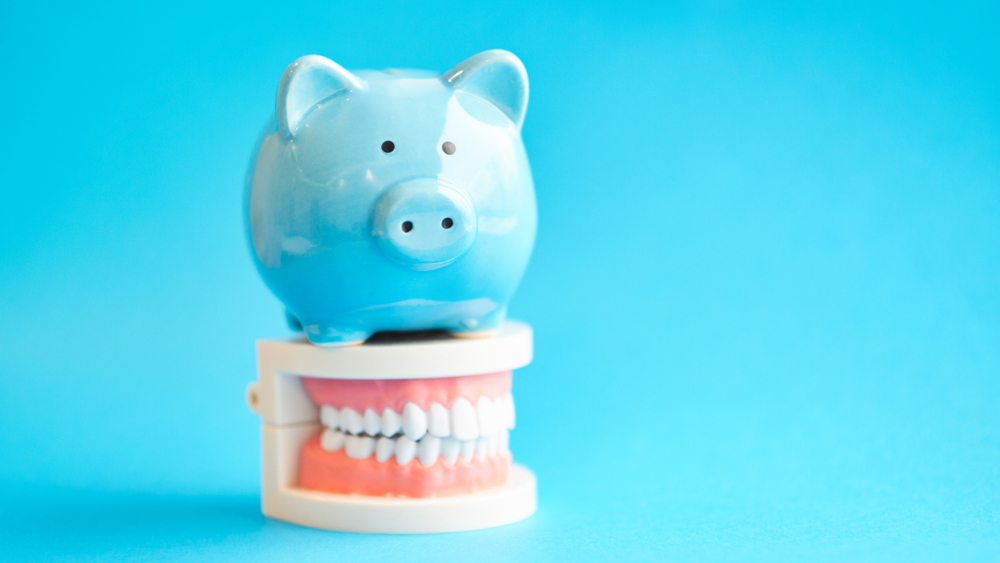
Frequently Asked Questions
Nitrous oxide produces a unique, gentle sedative experience characterized by profound relaxation and mild euphoria. Patients often describe a floating sensation, accompanied by reduced anxiety and heightened pain tolerance. The experience is typically pleasant and free from significant psychological disturbance, allowing individuals to remain aware and responsive throughout the dental procedure.
Nitrous oxide represents an exceptionally safe and well-established sedation method for pediatric dental care. Extensive clinical research demonstrates its efficacy and minimal risk when administered by trained professionals. Pediatric patients often experience reduced anxiety, increased cooperation, and a more positive dental visit experience. Our Pittsburgh sedation dentists follow strict protocols to ensure child-specific safety and comfort.
The effects of nitrous oxide are remarkably short-lived, typically resolving within 15-20 minutes after cessation of administration. Our advanced sedation techniques ensure rapid metabolization and return to normal cognitive function. Patients can generally resume normal activities immediately following the procedure, with minimal post-sedation restrictions.
When used appropriately and in moderation, nitrous oxide is considered safe and does not have significant long-term effects. However, excessive or improper use can lead to complications, such as vitamin B12 deficiency or neurological issues, so it is important to follow medical guidance regarding its use.
Schedule Your Sedation Dentistry Consultation, Call Today!
Serving Cranberry, Bridgeville, Canonsburg, and surrounding Western Pennsylvania communities, Advanced Dentistry Ameredes & Associates is dedicated to transforming dental experiences through compassionate, advanced sedation techniques.
Contact our Seven Fields office at 724-776-4560 or our Oakdale office at 412-788-6300 to schedule your personalized nitrous oxide consultation today.
